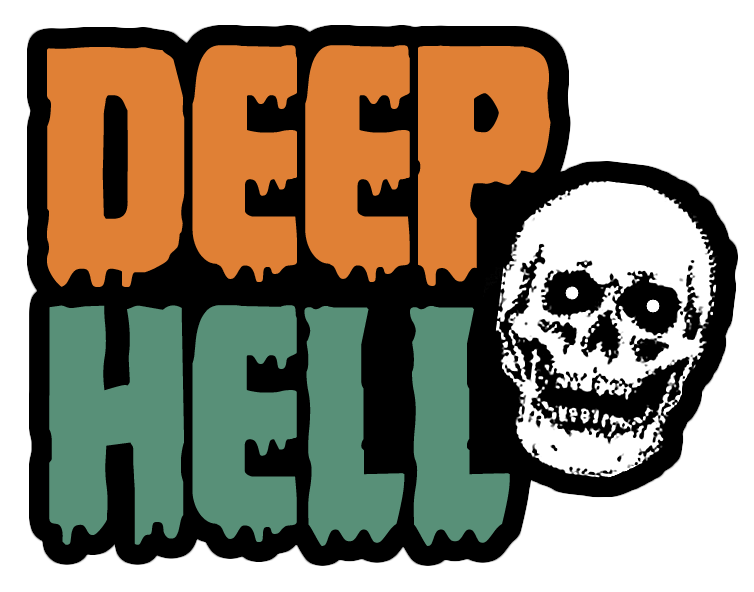When I first started writing about videogames, I wasn’t doing it because I had anything to say about them. Of course it started on a lark, I didn’t grow up in Los Angeles enough to figure it into any career plans. So it goes that I learned I had things to say about videogames, but when I first started it came slowly.
Looking back, it’s so so strange to think that I could barely write anything once a month, let alone once a week. My thoughts would ebb and flow sporadically, backed up only by the small amount of other criticism there was to read at the time.
Which is not to say there hasn’t always been criticism. People have been writing too much about videogames for a very long time. Someone’s probably gotten a zine buried under stacks of Computer Gamer magazine somewhere all about how the idea of porting an arcade game to the “home” is a travesty.
All of this stuff is leading somewhere, hopefully. That’s the word on the street; That there’s some kind of big community of analysis or criticism or nu-games journalism or nu-metal or whatever we’re calling it now.
Film criticism has been around for generations now. It’s gone in dozens of different directions through the years, yet writing about videogames seems pre-occupied with a sense of “here.” Here is always now, and now is always about the writer.
Did we all come from a blank generation? How many writers are out there that don’t know what they have to say before they start and it all comes welling up inside of them and spilling all over the place. Searching for meaning, we create it.
Earlier this week I very blithely and bleary-eyed opined that all videogames analysis was vent pieces. Either we (the writers!) vent about the game and what it means for today, or we vent about ourselves and what the game means to us.
NEW-GAMES-JOURNALISM isn’t really around anymore. If there was ever a movement it came from as empty of a generation as this one. None of that is our choice – for an art form to continue evolving it has to be supplied with meaning from within and without. We can’t create meaning externally without first summarizing our own lives in relation to what we consume.
There’s more lessons to be learned in writing about videogames. Everything we make always just seems to be “almost there”.
It certainly doesn’t help that on platforms like Youtube the newest of the blank generations is recycling everything that’s been said before and saying it again. None of the outrageously long videos on a game as old as Metal Gear Solid 2 say anything that wasn’t said before. Has the pit been strip mined already? All of the precious metals dug out, or are we concerned with only the gold-standard.
Is it time to revisit what’s already been written about and what it means to us? Is there a place for criticism that is neither about the self nor about videogames designed as a product?
I can’t keep this dialogue out of my head lately. Everything we write has started to become about selling ourselves as the product. We’re defining a new history by what we mean to videogames, not what they mean to us.
I was born In a blank generation.

[…] Even when a game is not transparently a marketing campaign for fried food, GB “Doc” Burford argued our priorities are skewed, favoring big-budget “prestige” games over polished systems. Carolyn Petit bemoaned the sameness of today’s game criticism, and at Deep Hell, Skeleton went one further and declared that Kieron Gillen’s New Games Journalism is essentially over: […]